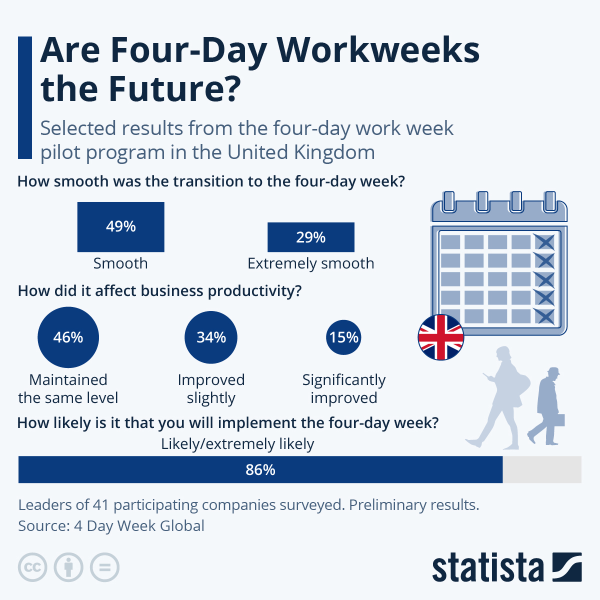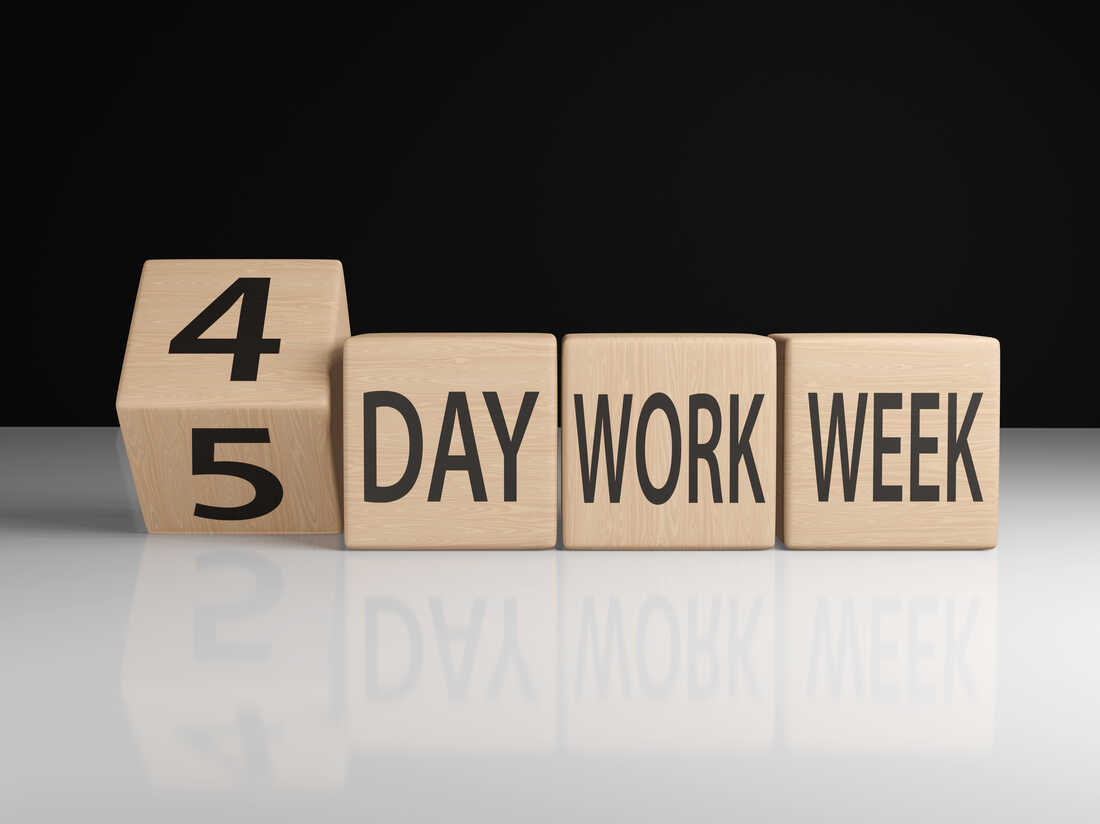It’s been more than 80 years since the 40-hour work week became U.S. law under the Fair Labor Standards Act. The change came after industrialization forced many Americans to work more than 60 hours a week to make ends meet. Now, it’s a cultural norm to go to school or work five days a week from Monday to Friday for 40 hours weekly. However, Senator Bernie Sanders recently proposed a move to a 32-hour, four-day work week. Could this proposal actually gain traction in Congress, and how would it affect productivity?
Since the mid-20th century, the 40-hour workweek has been considered the standard for Americans working full-time jobs, and the actual working hours can vary by industry or company. The establishment of the 40-hour workweek was a significant step forward for labor movements and has had a lasting impact on American work culture, promoting a healthier mix of leisure and work time compared to the 60-hour workweek.

Several companies around the world have tried the four-day workweek. Microsoft Japan, for example, says that the four-day workweek “boosted workers’ productivity by 40%.” Additionally, transitioning to the four-day workweek also decreased electricity costs by 23% and saw less paper use at the company printers. In addition to transitioning to the four-day work week, the company also made other changes to boost efficiency and productivity. They reduced meeting times from one hour to just thirty minutes, a move that made the meetings more productive in a shorter amount of time. They also encouraged the use of instant chat channels rather than emails that take up more time out of the employee’s day.
Microsoft Japan isn’t the only company that has benefited from the four-day work week. According to an article from Harvard Business Review, a study of 61 companies in the United Kingdom that adopted the four-day workweek observed an average increase in revenue of 1.4%. They also saw better retention with a 57% decline in employee turnover and also a 65% decrease in paid sick time used.
The four-day workweek isn’t perfect. Studies show that during a four-day work week, due to longer hours, employees often reported more fatigue near the end of the day. Another study shows that longer working hours per day often leads to an increase in work injuries.
Every company and industry has different needs which may or may not benefit from the four-day work week. Most of the studies mentioned above indicate that the four-day work week generally benefits companies and employees in office setting jobs, like Microsoft Japan. There is still a lack of research of the four-day workweek in other industries, such as service industries. With the evidence currently provided, it seems like a great idea for companies to at least pilot the four-day workweek to see how it could benefit revenue, expenses, and employee turnover.


